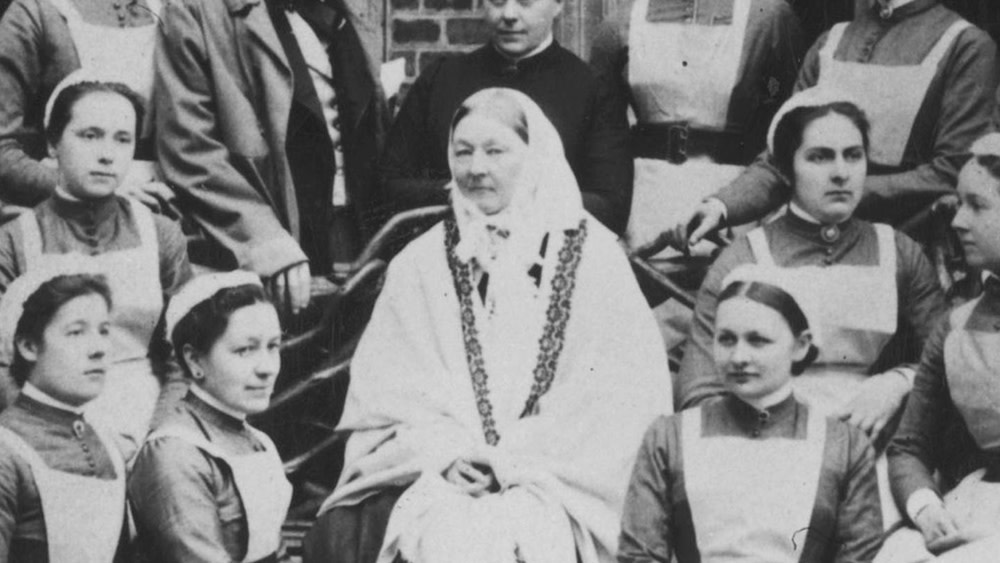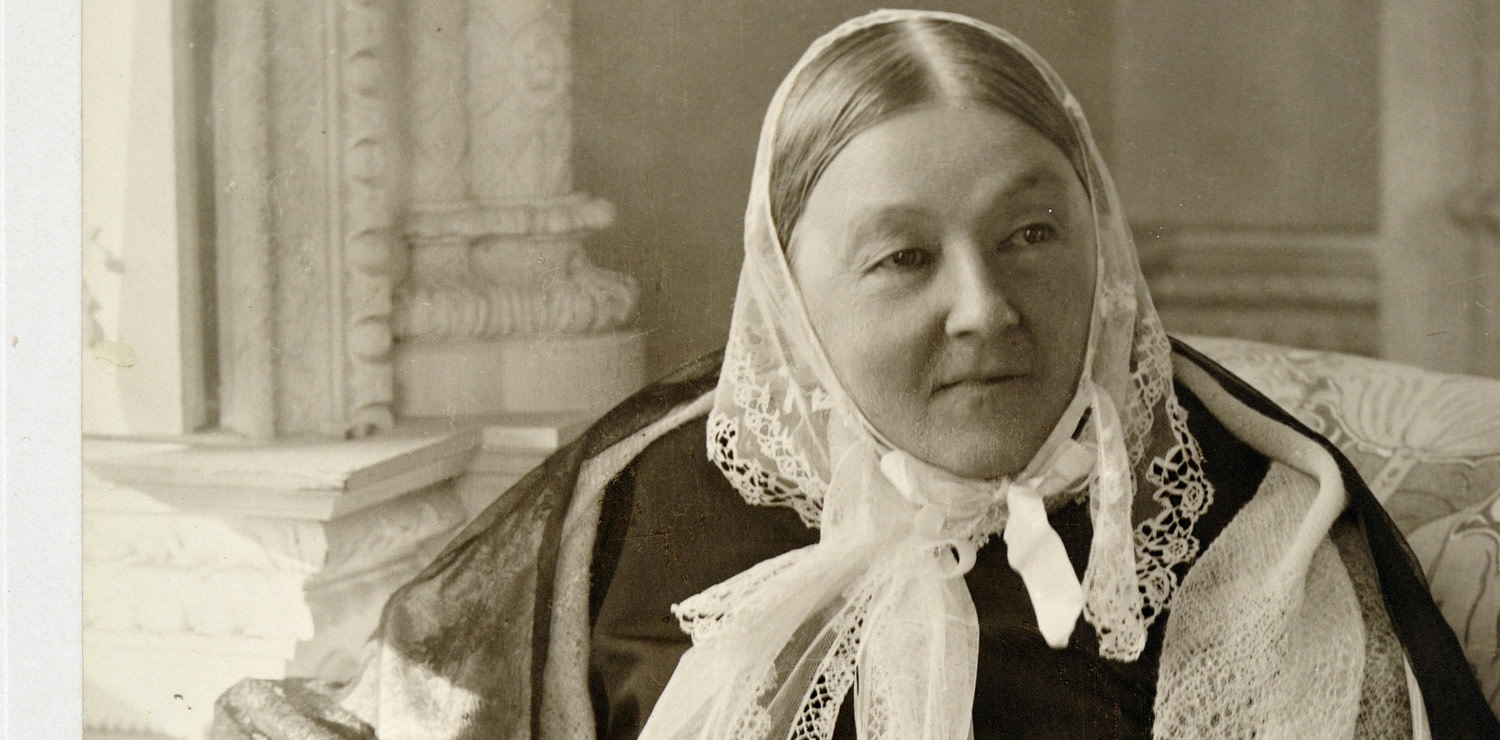Florence Nightingale, the mother of all nurses
They are our guardian angels, we have learned more these days than ever. And for this reason we have thought to tell you the story of a very special woman, born in Florence 200 years ago
Sometimes breaking the rules works. Because if Florence Nightingale had listened to her mother, the whole of humanity would not be eternally grateful and indebted to her today. Because Florence, like all girls of the English upper middle class, would have become a perfect wife and an austere mother. Not always happy, though. Flo, on the other hand, must have been a very satisfied woman because she managed to do exactly what she wanted: to help others.
 Florence Nightingale (Florence, 12 May 1820 - London, 13 August 1910)
Florence Nightingale (Florence, 12 May 1820 - London, 13 August 1910)And help them with knowledge of the facts. Certainly thanks to the strict education she received from her mother and the activity of her father, a famous epidemiologist, she invented the modern nursing method. Without her there would have been no Croce Rossa, for example.
Florence, born in Florence (hence the name) at Villa la Colombaia in Marignolle at Porta Romana 200 years ago (on May 12, 1820), was always quite determined and, in front of her mother's love affairs, she preferred to go around Europe to care for the poor.
 She is responsible for the modern nursing method
She is responsible for the modern nursing methodThanks also to the fact that the family, while criticizing her choices, always guaranteed her a reasonable annual income. She then became superintendent of The Care of Sick Gentlewomen in London. And it was in this period that she obtained permission to go to Turkey, following the British soldiers engaged in the massacring Crimean War.
And it was here that Florence changed the course of history. In fact, thanks to a scientific method built up over the years, she immediately understood that the high mortality rate of the soldiers, rather than the wounds, was due to cholera and typhus. It was hygiene, therefore, that had to be taken care of. She thus succeeded in creating the first field hospital with sewers and hygiene services: this is how the modern paramedical body was born. And he became a celebrity.
 the sculpture by Francis Sargant dedicated to Florence, in the cloister of Santa Croce
the sculpture by Francis Sargant dedicated to Florence, in the cloister of Santa CroceIn the cloister of Santa Croce in Florence is depicted (work of the 1920s by the English sculptor Francis Sargant) with a lantern in her hand. She was in fact also called the lady with the lantern because it became proverbial her tireless control of the wounded at night armed with a lantern. She died in her 90s asking for simple funerals. A true heroine.









